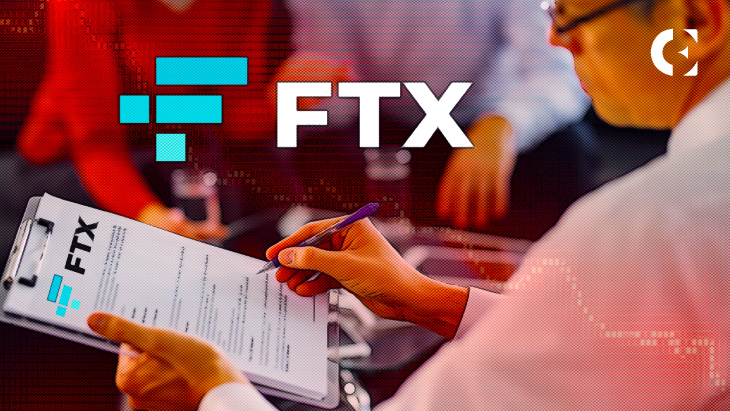- FTX, and ex-CEO Bankman-Fried are being sued by customers for dwindling assets.
- 1 million customers who invested in FTX are demanding their funds to be returned.
- The complainants contend that some assets that may be traced back to Alameda are not Alameda’s.
Customers of FTX sued the exchange and its former founder Sam Bankman-Fried in a class action. The crypto exchange failed to return the crypto on it, which belongs to the one million customers who invested, and now they are demanding its rightful return.
As reported by Reuters, this lawsuit will establish legal ownership over the assets locked up and depreciating in FTX. The plaintiffs contend that FTX misused consumer funds and concealed their origin.
The United States Bankruptcy Court in Delaware received the complaint. It demanded that FTX consumers be compensated first. The class action suit stated:
Customer class members should not have to stand in line along with secured or general unsecured creditors in these bankruptcy proceedings just to share in the diminished estate assets of the FTX Group and Alameda.
When doubts about the faltering exchange’s financial stability emerged, a large number of consumers left instantly. Days after stopping withdrawals, the Bahamas-based exchange filed for Chapter 11 bankruptcy protection.
This class action lawsuit seeks to prove that client assets are not FTX’s property and should be fully restored. More than a million FTX customers from the US and other countries are included in the class action lawsuit.
The complainants further contend that the property that may be identified or traced back to Alameda is not Alameda’s property. Similarly, the lawsuit requests that funds held in FTX U.S. accounts for clients in the United States and FTX.com accounts for consumers outside of the United States should be refunded.
If the court rules differently, the case requests that the judge rule that consumers have priority in repayment above other creditors.
Disclaimer: The information presented in this article is for informational and educational purposes only. The article does not constitute financial advice or advice of any kind. Coin Edition is not responsible for any losses incurred as a result of the utilization of content, products, or services mentioned. Readers are advised to exercise caution before taking any action related to the company.










